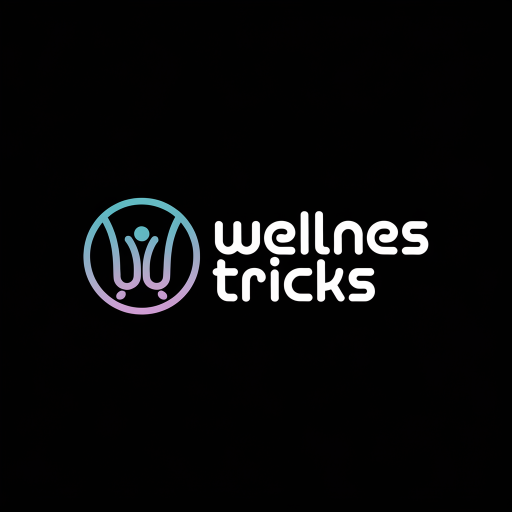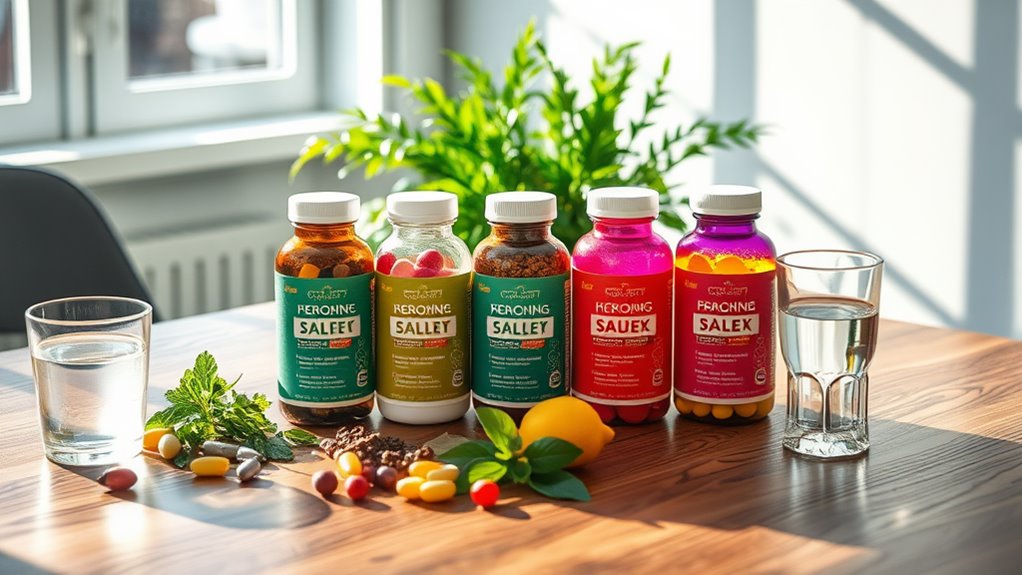5 Supplements I’ll Never Stop Taking (And Why)
Did you know that nearly 70% of Americans take dietary supplements regularly? This trend reflects a growing awareness of the importance of nutrition in maintaining health. Among the vast array of options, five specific supplements stand out for their proven benefits. They can enhance your well-being in various ways, from improving heart health to boosting your mood. Curious about which ones made the cut and why they’re so essential?
Key Takeaways
- Omega-3 fatty acids support heart health, reduce inflammation, and improve brain function, making them essential for overall wellness.
- Vitamin D boosts immune function and mood regulation, crucial for those with limited sunlight exposure.
- Magnesium contributes to energy production and muscle function, while also enhancing sleep quality and reducing anxiety.
- Probiotics promote gut health and improve digestion, essential for nutrient absorption and overall immune support.
- Curcumin offers powerful anti-inflammatory benefits, supporting joint function and combating chronic diseases, enhancing overall health.
Omega-3 Fatty Acids
When it comes to maintaining overall health, I can’t stress enough the importance of omega-3 fatty acids.
These essential fats, found in fish oil and algae, support heart health, reduce inflammation, and improve brain function.
Incorporating omega-3s into your routine can enhance mood and cognitive performance.
Additionally, studies suggest that omega-3 fatty acids can also support mental health by potentially reducing symptoms of depression and anxiety.
If you’re looking for favorite supplements, consider those with a high concentration of EPA and DHA—the two most beneficial types of omega-3s.
Aim for at least 250-500 mg daily for optimal health benefits.
Vitamin D
How can you ensure your body gets the support it needs for optimal health? One way is by taking Vitamin D.
This crucial nutrient helps regulate calcium and phosphorus, essential for strong bones and teeth.
It also plays a role in immune function, mood regulation, and overall well-being. In fact, research indicates that adequate immune function supported by Vitamin D can significantly reduce the risk of infections.
Many people don’t get enough Vitamin D from sunlight or diet, so supplementation can be beneficial.
Aim for 600-800 IU daily, adjusting based on your individual needs and blood levels.
Always consult with a healthcare professional before starting any new supplement to ensure it’s right for you and your lifestyle.
Magnesium
Magnesium is a vital mineral that plays a key role in numerous bodily functions, from energy production to muscle contraction.
It helps regulate blood pressure, supports bone health, and aids in the synthesis of proteins.
If you’re feeling fatigued or experiencing muscle cramps, magnesium might be the missing piece.
Studies show that adequate magnesium intake can improve sleep quality and reduce anxiety.
The recommended daily allowance varies, but incorporating foods like leafy greens, nuts, and whole grains can boost your levels.
Consider a supplement if dietary sources fall short, but always consult a healthcare professional before starting any new regimen. Additionally, it’s important to recognize that evidence-based nutrition can help guide your supplement choices effectively.
Probiotics
Probiotics are live microorganisms that provide numerous health benefits, primarily by supporting gut health. They help balance your gut flora, which can improve digestion and enhance nutrient absorption.
Research shows that probiotics may also boost your immune system, reducing the likelihood of infections. When choosing a probiotic, look for strains like Lactobacillus and Bifidobacterium, as they’ve been linked to positive outcomes. Additionally, incorporating natural strategies for gut health can further enhance the benefits of probiotics.
It’s essential to take them consistently for optimal results, whether through supplements or fermented foods like yogurt and kefir. Incorporating probiotics into your routine can lead to better overall health and well-being.
Curcumin
While supporting gut health with probiotics is vital, you might also consider curcumin for its powerful anti-inflammatory properties. Derived from turmeric, curcumin has been shown to reduce inflammation and help combat chronic diseases like arthritis, heart disease, and even certain cancers. Research indicates that it can improve joint function and enhance overall wellness. To maximize absorption, pair curcumin with black pepper or consume it with a fat source. Incorporating this supplement into your daily routine could offer significant health benefits, making it a valuable addition alongside your probiotics for a holistic approach to wellness. Additionally, healing herbs like turmeric can be a flavorful way to boost your health in the kitchen.

